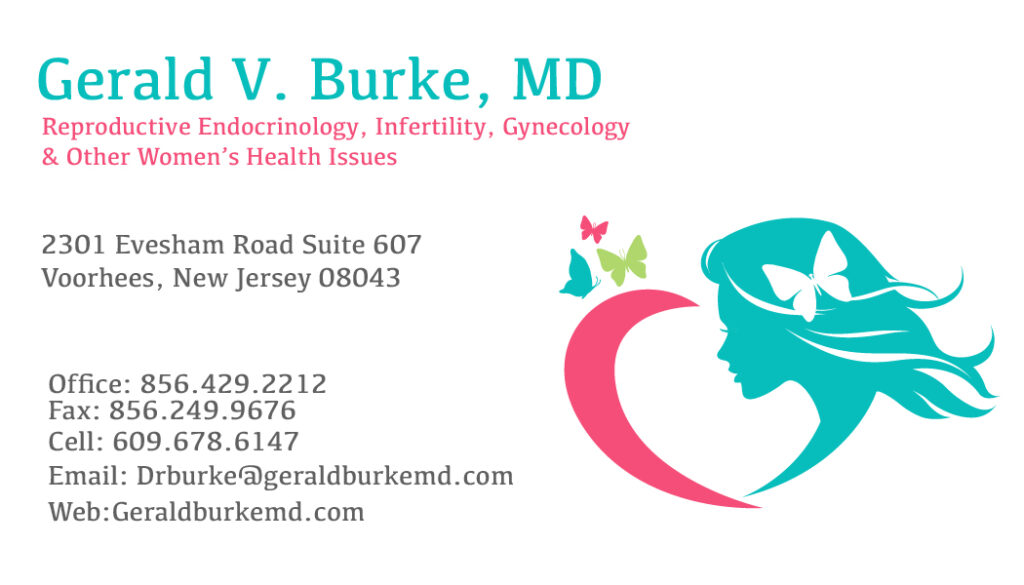NaPro Technologies and Infertility: A Reproductive Endocrinologist’s Perspective
What are NaPro technologies?
NaPro (Natural Procreative) Technologies is a medical approach attempting to maximize the woman’s natural fertility cycle.
It relies on the Creighton Model Fertility Care System to monitor biomarkers of hormonal events occurring during the menstrual cycle. This information can be useful in both natural family planning and to enhance fertility awareness.
For normally ovulating women, NaProTechnologies can be an effective means of determining fertile periods. This can enhance the possibility of conception or avoid pregnancy. It can also be effective in identifying the presence of ovulatory factors preventing conception.
Acceptable approach to family planning
The techniques for diagnosis and treatment employed in NaProTechnologies are acceptable to many couples with varied interests. It is a morally acceptable approach to both family planning and fertility enhancement by various religious groups, including the Catholic Church.
Starting point with NaPro technologies and infertility
The fertility enhancement provided by NaProTechnologies serves as a good starting point for couples with relatively uncomplicated fertility issues.
However, the overall fertility rates are not comparable to those obtained by a Reproductive Endocrinologist/Gynecologist who specializes in non-IVF fertility care. This difference reflects the enhanced background and training of a Reproductive Endocrinologist (REI) and the scientific technology available only through an REI.
NaProTechnologists verus Reproductive Endocrinologists
NaProTechnologies draws practitioners from a variety of backgrounds including physicians (usually not Ob/Gyns), nurse midwives, advanced practice nurses, physician’s assistants, general nurses and pharmacists. They then undergo a 13-month training course that contains only two sessions of “total immersion” lasting 7 to 9 days each. The remainder of the education is completed by long-distance supervision.
Reproductive Endocrinologists are physicians (MD/DO) who have completed four years of medical school, four years of residency in Obstetrics and Gynecology and two or three years of fellowship in Reproductive Endocrinology and Infertility. All 11 years are periods of highly intense training and supervision.
Due to their greater training and experience, a Reproductive Endocrinologist provides patients with advanced services.
What services does a reproductive endocrinologist provide?
A reproductive endocrinologists provides patients with on-site ultrasound, including saline infusion sonography and sonohysterography. A complete line of safe ovulation induction treatments, including use of the injectable gonadotropin medications, is available.
This much greater array of medical and surgical fertility treatments is available through a Reproductive Endocrinologist who specializes in non-IVF infertility care. A Reproductive Endocrinologist is the natural next step for couples who have not achieved a pregnancy through NaProTechnologies and do not want to either proceed to IVF or abandon their pursuit of children.
Very frequently, the family that you seek is closer than you realize.
If you have pursued NaPro Technologies without success, strongly consider consultation with a Reproductive Endocrinologist/Gynecologist who does not focus on IVF. This individual can help you to further your understanding of your fertility and help you build your family through diagnosis and treatments that are aligned with the fertility guidelines of the Catholic Church.
If the physician does not perform IVF, then their entire focus will be on you achieving pregnancy using these advanced fertility methods without pressure to enter into IVF.
NaPro Technologies and infertility concerns
Any concerns you may have with the course of your care should be frankly discussed with your physician. One should find a caring environment where both the patients and the physician understand and comfortably accept treatment while at the same time administering cutting edge medical care for infertility.
If your fertility issues have been unsuccessfully treated in NaProTechnologies, then seek out our more advanced care as a non-IVF fertility Reproductive Endocrinologist.
Call now to schedule an appointment
If you are experiencing fertility issues, do not hesitate to call to schedule an appointment with Dr. Burke to learn how he can help you.
Call us at 856-429-2212
You might also be interest in…



